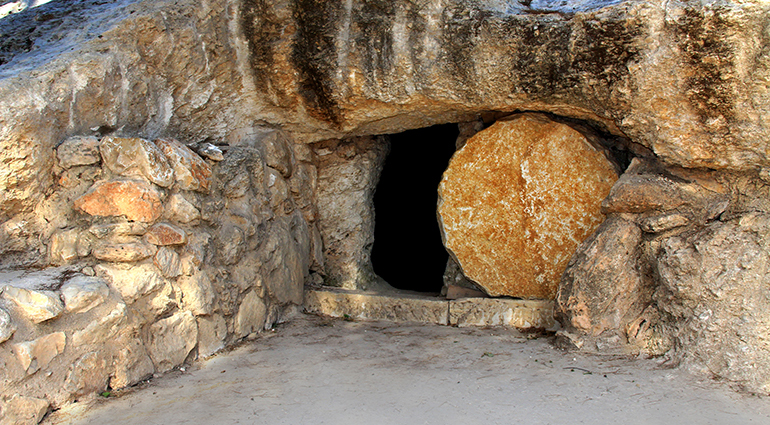Hope in the Darkness
I will refresh the weary and satisfy the faint. Jeremiah 31:25
According to legend, Qu Yuan was a wise and patriotic Chinese government official who lived during the time known as the Warring States period (475–246
Qu Yuan’s life resembles some aspects of the life of the prophet Jeremiah. He too served kings who scorned his warnings, and his country was ravaged. However, while Qu Yuan gave in to his despair, Jeremiah found genuine hope. Why the difference?
Jeremiah knew the Lord who offers the only true hope. “There is hope for your descendants,” God had assured His prophet. “Your children will return to their own land” (Jeremiah 31:17). Although Jerusalem was destroyed in 586
At some point, we all find ourselves in situations that can cause us to despair. It could be a bad medical report, a sudden job loss, a shattered family. But when life knocks us down, we can still look up—for God is on the throne! He holds our days in His hands, and He holds us close to His heart.
Lord, fill me up with hope and give me a tangible reminder today that things will turn out right in Your way, in Your time.
INSIGHT
God tells Jeremiah to “restrain your voice from weeping” (31:16). Hope shines through. Ephraim [Israel] and Judah will repent and be restored. In a rare respite from his grief, Jeremiah can say, “My sleep had been pleasant to me” (v. 26).
What causes your tears? Know that God sees and understands them.











